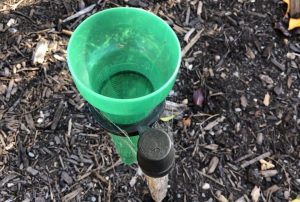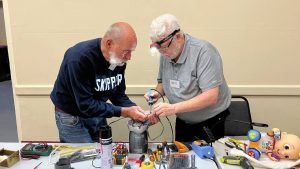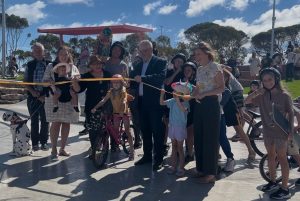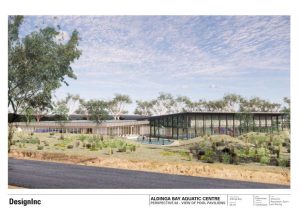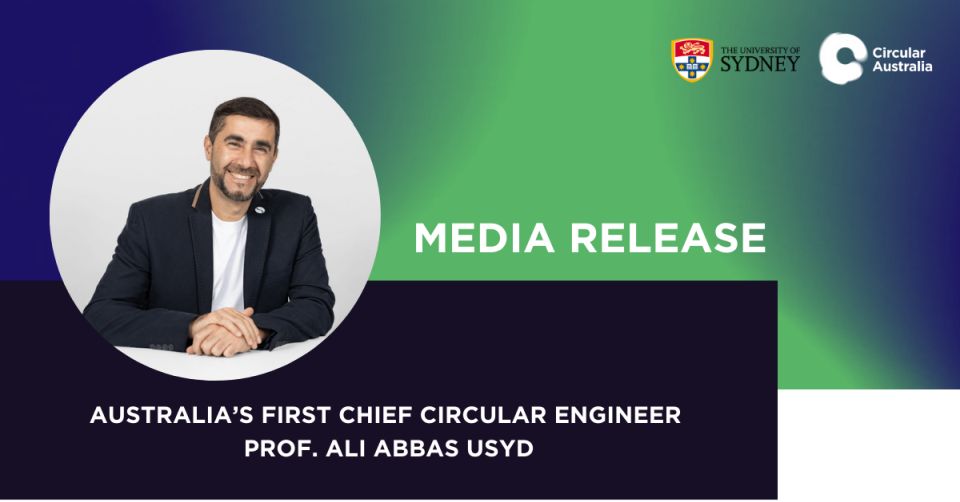
One of Australia’s leading chemical and biomolecular engineers will become Australia’s first Chief Circular Engineer, taking a new role at Circular Australia to accelerate the Australian transition to a circular economy.
Professor Ali Abbas, Acting Head of School, School Chemical and Biomolecular Engineering and Director of the Waste Transformation Research Hub at the University of Sydney will work with Circular Australia to accelerate action towards an Australia circular economy by 2030.
“The transition to a new zero-carbon zero-waste economy is one of the biggest challenges of our generation,” Circular Australia CEO & Managing Director Lisa McLean said.
“With science and innovation leading, Australia can deliver new industries and hundreds and thousands of jobs – positioning itself as a global circular economy powerhouse.
“Circular Australia is excited to be working with Prof. Abbas who is bringing fresh ideas and new approaches to traditional engineering practices and driving innovative design thinking for the new circular economy.”
Prof. Abbas said: “I’m delighted to be joining Circular Australia as the first Chief Circular Engineering to support the critical work of removing barriers to an Australian circular economy by 2030.”
“The circular economy is a systems framework based on three principles – the elimination or ‘design out’ of waste and pollution, the circulation of products and materials at their highest value, and the regeneration of nature. By tapping into advances in chemical engineering and materials science and reimagining how goods are created, we can create circular economies, where the vast majority of goods and materials are repurposed,” he said.
The appointment of Prof. Ali Abbas as Chief Circular Engineer builds on Circular Australia’s national leadership working with businesses, government and researchers on circular economics, metrics, circular supply chains and its taskforces and research.
A circular economy aims to redefine growth, focusing on positive society-wide benefits. Decoupling economic activity from the consumption of finite resources, and designing waste out of the system, it is based on three principles: 1. Design out waste and pollution 2. Keep products and materials in use. 3. Regenerate natural systems.
The value of the Australia circular economy is estimated to be $1.9 trillion.
More info: Circular Australia – We’re on a mission to fast track the circular economy

